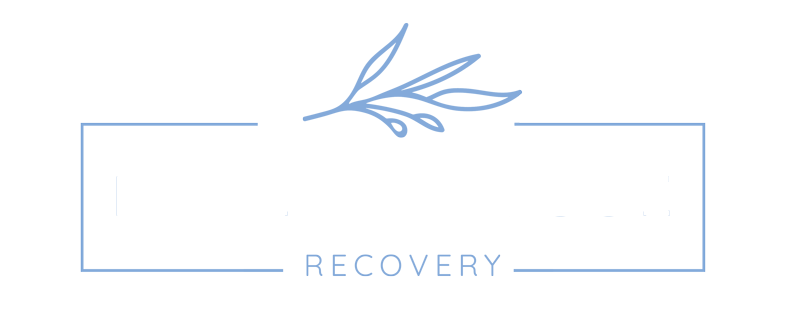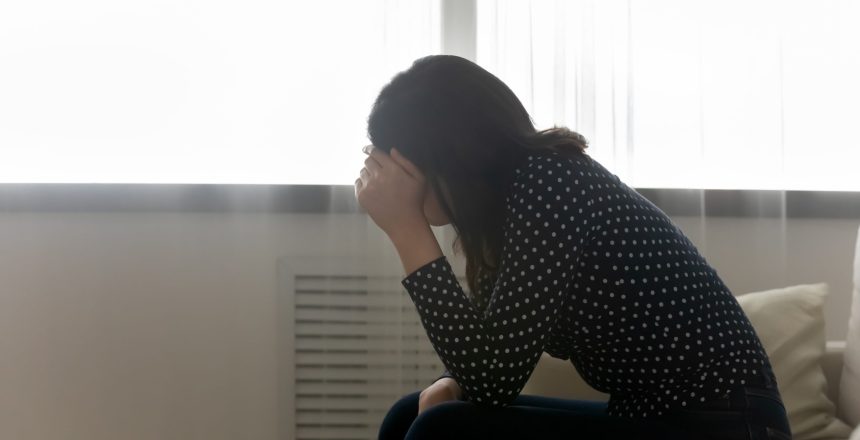Many people refer to opioid drugs as narcotics. They are also better known to most as prescription painkillers. Opioid drugs come in two forms. The first is prescription pain medications. Medical providers prescribe these drugs to assist patients with pain management. The second type of opioid drug is illicit or illegal opioids. The most well-known illicit opioid is heroin, although the synthetic opioid fentanyl is becoming familiar quickly.
Which Drugs are Opioids?
Opioid drugs belong to a specific class of drugs, including legally prescribed pain medications and illicit or illegal drugs. Common examples of prescription opioids include oxycodone (oxycontin), hydrocodone (Vicodin), codeine, and morphine, among others. As mentioned above, not all opioid drugs are legal. Heroin is a widely available and highly dangerous opioid drug.
It is not uncommon for someone with an addiction to prescription pain medications to begin using heroin when they can no longer access their preferred prescription opioid. Another dangerous opioid is fentanyl. While fentanyl is used as a pain management tool in medical settings, it is also found as a “street drug” used to enhance other drugs. This practice is dangerous, sometimes even deadly, as it often means the user does not know the strength or ingredients of what they are taking.
What are the Signs of Opioid Abuse?
Opioid use disorders develop when someone cannot stop using an opioid drug. This can occur when the opioid is prescribed as part of a pain management plan. Although you may realize ongoing opioid use can harm your physical and emotional health, you may find you cannot stop or reduce how often you use opioids without the help of a Michigan addiction treatment program like ours at Liberty House Recovery Center. Sometimes, you may turn to more potent, more dangerous opioid drugs when you can no longer access your drug of choice.
When someone experiences the challenges of an opioid use disorder, they may exhibit various signs and symptoms of their destructive relationship with substances. Because addiction looks different for everyone, the potential warning signs of an opioid use disorder may also look different. A few common examples of indications of opioid abuse include:
- Changes in sleeping habits
- Lack of hygiene
- Changes in eating habits
- Weight loss
- Inability to reduce or stop using
- Voluntary isolation
- Financial problems
- Legal problems
- Stealing to get money for drugs
- Doctor shopping
- Stealing prescriptions
Anyone who uses an opioid drug, whether prescription or otherwise, is at risk for abuse or addiction. At first, the signs and symptoms of addiction may be minimal or hard to recognize. If you suspect a loved one has an opioid addiction, contact us at Liberty House Recovery Center to learn more about opioid addiction treatment programs.
Are There Treatment Programs for Opioid Addiction?
Treatment for opioid addiction often requires a multifaceted approach. As strange as this may sound, sometimes prescription medications may help a person addicted to prescription medications to quit and recover from their addiction. Medications are often needed to help treat the symptoms associated with detoxification and withdrawal. Without these medications, the withdrawal process can be challenging and, for some, unmanageable.
Detox is only the first step in the treatment and recovery process. Once detox is complete, it is necessary to follow up with rehabilitation therapy to reduce the chances of relapse. Withdrawal is challenging, but for some, staying clean and drug-free beyond a stay in rehab is even more complicated. Treatment programs that tend to be the most effective are those that are comprehensive.
Comprehensive treatment includes treatment that meets the person’s needs from the moment they enter rehabilitation through their discharge and post-rehabilitation environment. Effective treatment plans include relapse prevention measures such as creating a plan for when triggers are encountered, or cravings are higher than average. Some effective aftercare programs include sober living environments, check-ins, accountability measures, and follow-up counseling.
How to Find Opioid Rehab Centers in Michigan
Opioid addiction treatment programs like ours at Liberty House Recovery Center combine medically assisted detox with counseling and relapse prevention measures to assure your continued, ongoing success after you return home. Each treatment plan is created to suit your individual needs. If you or a loved one are battling an addiction to opioid drugs and are ready to take your first steps towards recovery, contact our Michigan opioid addiction treatment program today to find addiction and dual diagnosis treatment near Ann Arbor.


